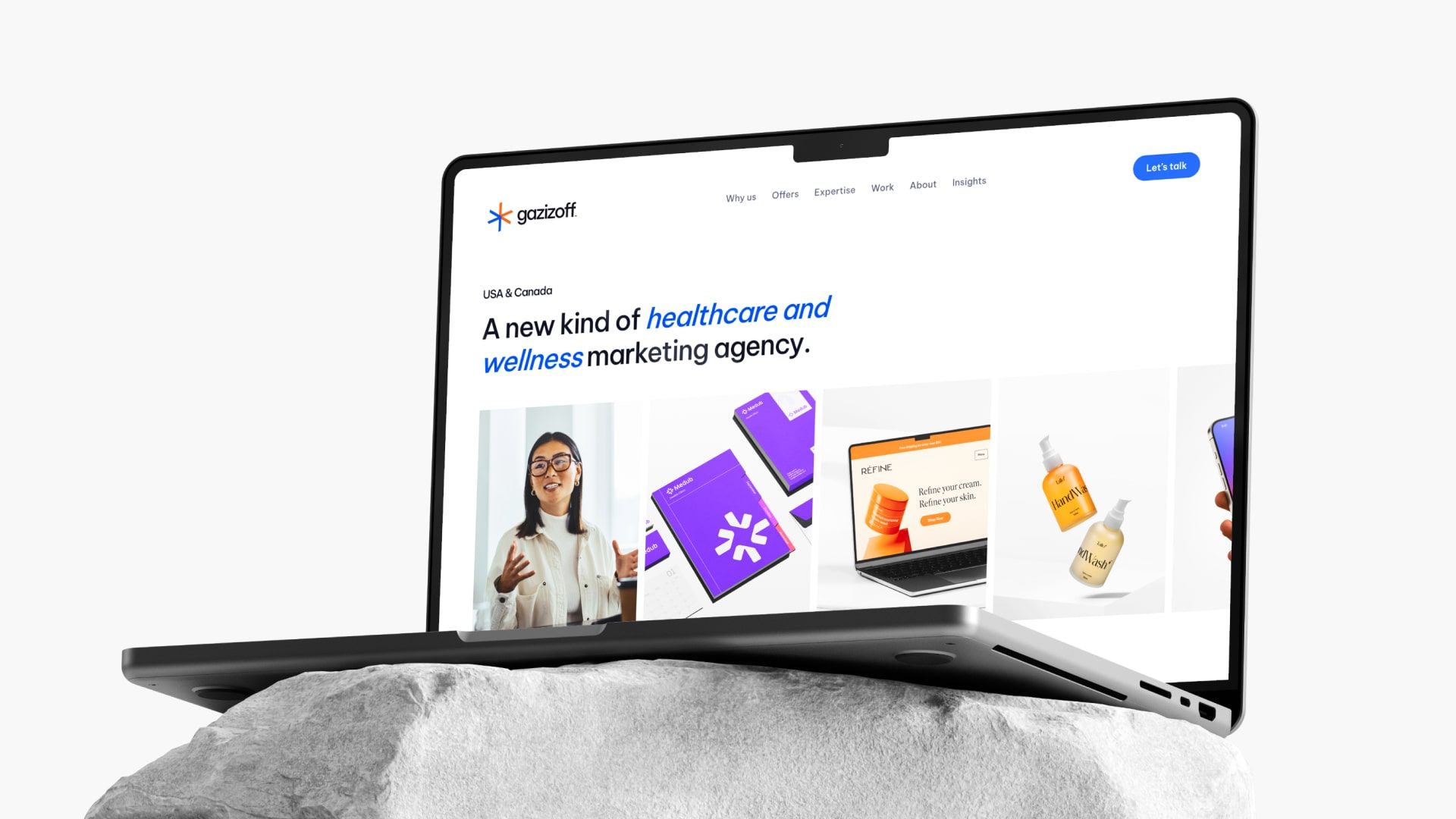Table of contents
Why it’s vital to understand privacy regulations in marketing and business
In the digital era, personal data is constantly being collected and shared.
Understanding privacy regulations is crucial as it affects how we can collect, use, and share personal data for marketing purposes.
5 reasons why we need to know about privacy regulations
- Ethics: Privacy is about people, their lives and safety. We must respect their rights and be transparent about collecting, using, and protecting their personal data. Lack of privacy can damage their reputation, causing emotional distress and significant stress related to restoring their identity and financial standing.
- Compliance – If we collect, process, or store personal data, we must comply with specific laws and regulations, especially in highly regulated markets (i.e., healthcare and finance).
Non-compliance can lead to fines, legal action, reputational damage, and loss of customer trust.
In some cases, non-compliance can even lead to business closure or bankruptcy.
By staying up-to-date with privacy regulations, we can ensure that we meet legal obligations and avoid potential risks. - Globalization – In today’s global economy, businesses and individuals operate across different jurisdictions, each with its privacy laws and regulations.
Knowing these laws and regulations can help you navigate the complex legal landscape and ensure compliance across other regions. - Cybersecurity – If personal information is compromised, individuals can become victims of identity theft, fraud, and financial loss.
Failing to protect privacy can lead to harm, including discrimination, identity theft, and reputational damage.
Privacy laws and regulations often include requirements for information security and cybersecurity.
By understanding these requirements, you can take steps to protect data from cyber threats and prevent data breaches. - Protecting your personal information – Privacy regulations are designed to protect individuals’ personal information from unauthorized access, use, or disclosure.
By knowing about these regulations, you can better understand your privacy rights and take steps to safeguard your data.
What are privacy regulations?
The primary goal of privacy regulations is to ensure that individuals have control over their data and that businesses and organizations handle it responsibly.
Privacy laws and regulations such as HIPAA, GDPR, CCPA, and LGPD are designed to protect personal data from unauthorized access, use, or disclosure.
They are put in place to protect individuals’ privacy rights and to ensure that businesses and organizations handle personal data appropriately.
These regulations vary by country, state, and industry, constantly evolving as technology advances.
Overview of Popular Privacy Regulations
There are several popular privacy regulations that businesses and organizations should be familiar with.
- The General Data Protection Regulation (GDPR) is a European Union (EU) regulation that applies to all businesses and organizations that handle the personal data of EU citizens, regardless of where the business or organization is located.
- The California Consumer Privacy Act (CCPA) is a state-level regulation that applies to businesses and organizations that handle the personal data of California residents.
- Health Insurance Portability and Accountability Act (HIPAA) is a US federal law that regulates the use and disclosure of protected health information (PHI) by covered entities, such as healthcare providers, insurers, and their business associates.
- The Children’s Online Privacy Protection Act (COPPA) is a US federal law that regulates the online collection of personal information from children under the age of 13.
25 Privacy Regulations Businesses & Marketers Should Know
Understanding the Key Terms and Definitions
To navigate privacy regulations successfully, it is essential to understand the key terms and definitions.
Here are the ones you should be familiar with:
- Personal data refers to any information that can identify an individual, such as name, address, email, phone number, or IP address.
- Data processing refers to any operation performed on personal data, such as collection, storage, use, or disclosure.
- Data controller refers to the person or entity that determines the purposes and means of data processing.
- Data processor refers to the person or entity that processes personal data on behalf of the data controller.
- Consent refers to the individual’s approval for processing their personal data.
- Legitimate interest refers to the lawful interest of the data controller or data processor in processing personal data.
Compliance Tips
Complying with privacy regulations requires a proactive approach.
Audit
You should conduct regular privacy audits to identify their data processing activities and assess compliance with privacy regulations.
Data protection officer
You should appoint a data protection officer (DPO) to oversee compliance with privacy regulations.
Privacy policy
Organizations should establish a privacy policy that outlines the following:
- their data processing activities
- including the types of personal data collected
- the purposes of the processing
- the legal basis for processing
Consent
You should obtain consent from individuals for data processing activities and ensure they have the right to access, correct, or delete their personal data.
Protection
You should implement technical and organizational measures to protect personal data, such as encryption, access controls, and regular data backups.
Communicating Privacy Policies to Customers
Though many people just click “Accept” without thinking, communicating privacy policies to customers is critical; it’s the right thing to do.
Policy
You should provide a clear and concise privacy policy that outlines their data processing activities and the rights of individuals.
Notify
You should also notify individuals when their personal data is collected and obtain consent for processing activities.
Access
You should provide individuals with the right to access, correct, or delete their personal data and should respond promptly to requests.
Best Practices – Data Collection, protection, and management
You should implement data collection and management best practices to comply with privacy regulations.
To protect personal data, you should implement best practices such as encryption, access controls, and regular data backups.
Collect only what you need
They should only collect the personal data necessary for the intended purpose and ensure that it is accurate and up-to-date.
Store data securely
Businesses and organizations should store personal data securely and ensure it is not accessible to unauthorized individuals.
Create backups
They should also implement regular data backups and disaster recovery plans to ensure personal data is not lost or destroyed.
Create a data breach response
They should also implement a data breach response plan to respond promptly to data breaches and minimize the impact on individuals.
Provide privacy training
You should ensure that your employees and coworkers are trained on best data protection practices and know the company’s privacy policies.
Tools and Resources for Compliance
Several tools and resources are available to help businesses and organizations comply with privacy regulations.
The International Association of Privacy Professionals (IAPP) provides training and certification programs for privacy professionals.
The National Institute of Standards and Technology (NIST) provides guidelines and best practices for data protection.
There are also several software tools available for data protection, such as:
- Encryption software
- Access control software
- Data backup software
Handling Data Breaches
Data breaches can happen even when you take all the necessary precautions.
You must have a data breach response plan to minimize the impact.
The response plan should include steps for:
- identifying the cause of the data breach
- containing the breach
- notifying individuals
- and reporting the breach to the appropriate authorities as soon as possible.
Common Mistakes with Privacy Regulations
Businesses and organizations often make common mistakes when it comes to privacy regulations. Some of these mistakes include
- collecting more personal data than necessary
- failing to obtain consent for processing activities
- Failing to provide notice to individuals when their personal data is collected
- failing to implement adequate data protection measures
- failing to respond promptly to data breaches
Conclusion and Future of Privacy Regulations
Privacy regulations are essential for protecting individuals’ privacy rights and establishing trust between individuals and businesses/organizations.
To comply with privacy regulations, businesses and organizations should:
- Understand the key terms and definitions.
- Familiarize themselves with popular privacy regulations.
- Implement best practices for data collection and management.
- Protect personal data.
- Have a data breach response plan in place.
As technology continues to evolve, privacy regulations will continue to evolve as well.
Businesses and organizations need to stay informed and adapt to these changes.
Implementing the best data collection and management practices, protecting personal data, and having a data breach response plan are critical steps toward privacy compliance.
The content provided on this website is for general informational purposes only and is not intended as professional or expert advice. While we endeavor to present accurate and up-to-date information related to healthcare and wellness marketing, we cannot guarantee its completeness or relevance. Any actions taken based on the information on this website are strictly at your own discretion. For specific guidance tailored to your situation, please consult with a qualified professional in the relevant field.










Leave a Reply